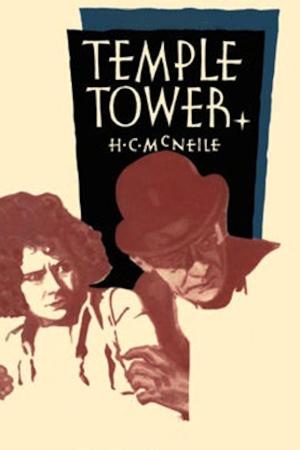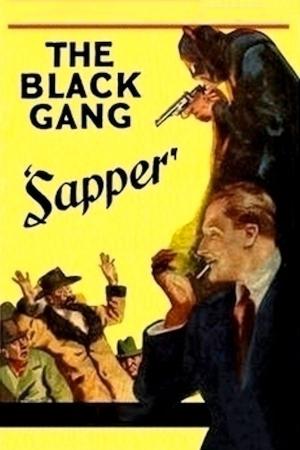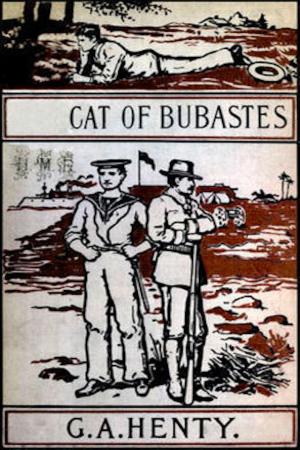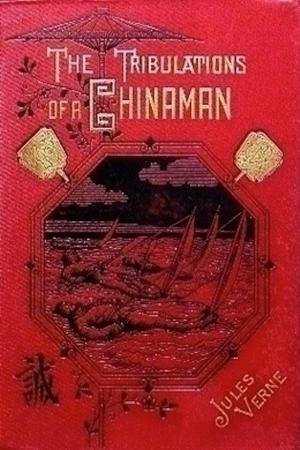| Author: | H. G. Wells | ISBN: | 1230002269849 |
| Publisher: | BookLife | Publication: | April 14, 2018 |
| Imprint: | Language: | English |
| Author: | H. G. Wells |
| ISBN: | 1230002269849 |
| Publisher: | BookLife |
| Publication: | April 14, 2018 |
| Imprint: | |
| Language: | English |
In the middle years of the nineteenth century there first became abundant in this strange world of ours a class of men, men tending for the most part to become elderly, who are called, and who are very properly called, but who dislike extremely to be called—"Scientists." They dislike that word so much that from the columns of Nature, which was from the first their distinctive and characteristic paper, it is as carefully excluded as if it were—that other word which is the basis of all really bad language in this country. But the Great Public and its Press know better, and "Scientists" they are, and when they emerge to any sort of publicity, "distinguished scientists" and "eminent scientists" and "well–known scientists" is the very least we call them.
Certainly both Mr. Bensington and Professor Redwood quite merited any of these terms long before they came upon the marvellous discovery of which this story tells. Mr. Bensington was a Fellow of the Royal Society and a former president of the Chemical Society, and Professor Redwood was Professor of Physiology in the Bond Street College of the London University, and he had been grossly libelled by the anti–vivisectionists time after time. And they had led lives of academic distinction from their very earliest youth.
They were of course quite undistinguished looking men, as indeed all true Scientists are. There is more personal distinction about the mildest–mannered actor alive than there is about the entire Royal Society. Mr. Bensington was short and very, very bald, and he stooped slightly; he wore gold–rimmed spectacles and cloth boots that were abundantly cut open because of his numerous corns, and Professor Redwood was entirely ordinary in his appearance. Until they happened upon the Food of the Gods (as I must insist upon calling it) they led lives of such eminent and studious obscurity that it is hard to find anything whatever to tell the reader about them.
In the middle years of the nineteenth century there first became abundant in this strange world of ours a class of men, men tending for the most part to become elderly, who are called, and who are very properly called, but who dislike extremely to be called—"Scientists." They dislike that word so much that from the columns of Nature, which was from the first their distinctive and characteristic paper, it is as carefully excluded as if it were—that other word which is the basis of all really bad language in this country. But the Great Public and its Press know better, and "Scientists" they are, and when they emerge to any sort of publicity, "distinguished scientists" and "eminent scientists" and "well–known scientists" is the very least we call them.
Certainly both Mr. Bensington and Professor Redwood quite merited any of these terms long before they came upon the marvellous discovery of which this story tells. Mr. Bensington was a Fellow of the Royal Society and a former president of the Chemical Society, and Professor Redwood was Professor of Physiology in the Bond Street College of the London University, and he had been grossly libelled by the anti–vivisectionists time after time. And they had led lives of academic distinction from their very earliest youth.
They were of course quite undistinguished looking men, as indeed all true Scientists are. There is more personal distinction about the mildest–mannered actor alive than there is about the entire Royal Society. Mr. Bensington was short and very, very bald, and he stooped slightly; he wore gold–rimmed spectacles and cloth boots that were abundantly cut open because of his numerous corns, and Professor Redwood was entirely ordinary in his appearance. Until they happened upon the Food of the Gods (as I must insist upon calling it) they led lives of such eminent and studious obscurity that it is hard to find anything whatever to tell the reader about them.















